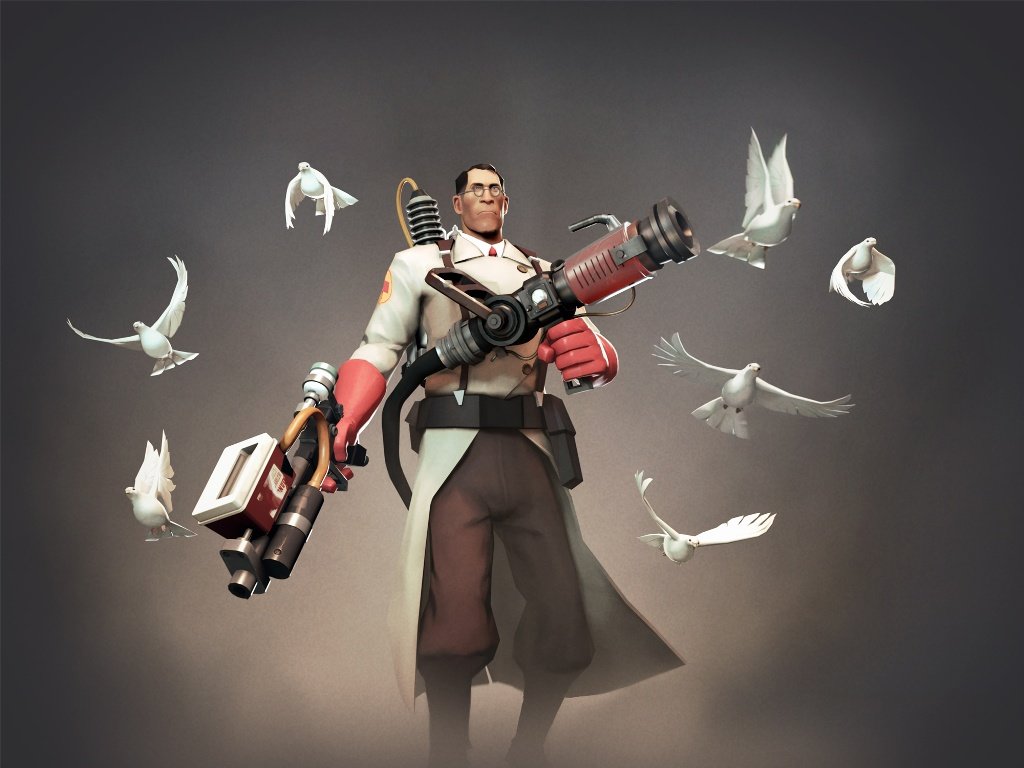
Imagine a world that’s black and white, then, suddenly, a bright red fire truck speeds through the streets. It’s loud and it stands out.
That’s how AUT Professor Stephen Henry starts to explain what his ‘bio-paint’ breakthrough – the next big thing in bio-tech – can do. Finally, following a series of rushed anecdotes and hard-to-understand science-speak, we get to the crux of what his new technology actually does:
“Essentially, what Kode has developed is what we very simply call a ‘biological paint’,” says Henry, founder and chief executive of Kode Technologies.
“What we’ve invented is something that people can add to any biological surface and the thing that they add has a function in its own right. That function is now added to the surface, and can be lots of different things.”
What Henry is describing is a biological marker that can be painted onto any surface – whether it’s a virus cell or a piece of glass – which will not only highlight a certain aspect of the surface, but also change it.
Henry likens it to planting a flower in the middle of a carefully-manicured lawn, which has nasties beneath which could destroy everything. But you didn’t know that until you knew the flower was there, and in the process of removing it, you’ve also revealed all the bad things hiding beneath.
“That is the cancer, under that bowling green. But you don’t know – your immune system doesn’t know – that you have cancer,” he says.
“So when your immune system comes along, and sees the flower that shouldn’t be there, it rips it out. And in the process of ripping it out, it looks into the ground, sees all those things, and recognises it needs to do something.”

Professor Stephen Henry
And it’s about a lot more than just anti-cancer research. It’s a platform that’s also finding uses in surgical bandages, drug delivery, modifying viruses, and even modifying embryos.
It’s also a world-first in biotechnology research – no one has produced a similar platform ever before, according to Henry.
The technology actually came to Henry as a surprise, as the researchers never realised the bio-paint could modify surfaces until eight years after they started work on it. It’s now become the main focus of their research.
Currently, their work revolves around molecules that kill bacteria, effectively creating self-sterilising surfaces. It means bandages and other surgical equipment coated with the technology will kill any bacteria that the items are applied to, such as open wounds.
As it stands, Henry believes the technology will be able to greatly accelerate biomedicine research and create tools that simply didn’t exist before. He also believes that it will create a whole new range of products.
Licensing the platform
Kode’s product has been recognised as a “platform technology”, and as such, the company is now focusing on commercialising the technology through licensing, rather than trying to sell it as a final product.
According to Henry, there are just too many possible ways for the technology to be used, so instead of trying to attempt to do all of them, Kode will focus on being a service provider instead. To that end they’ve adopted a two-pronged strategy to market their product, the first targeting potential “product licensees” which the company can sell the platform to directly.
The second is an open-source tool box that innovators can make use of through a generic R&D supplier. It effectively means an endless stream of inventors and innovation at no cost to the company.
Henry believes there’s a great amount of money to be made in this area, and says the platform could see annual returns of $10,000 to $15,000 per annum for a single license deal.
“Over the lifetime of [the product], we could be seeing $20m [for a single license]. So [reaching] $300m would be possible. In fact, it could be ten times that,” he says.
As it stands, Henry believes the technology will be able to greatly accelerate biomedicine research and create tools that simply didn’t exist before. He also believes that it will create a whole new range of products.
Henry also believes his research can produce a spearhead effect, highlighting the strength of developmental research coming out of New Zealand universities, especially Auckland University of Technology’s engineering school.
“There’s a ‘Centre for KODE Technology Innovation’, in the school of engineering. That’s where all our research gets done,” he says. “We don’t do any research elsewhere, it’s all done here in AUT.”
He believes that should be the model for New Zealand businesses to progress, utilising the R&D prowess that’s coming out of our tertiary education sectors and thereby benefiting commercially.
“It’s the business model that’s being used more and more overseas, and should be used more here in New Zealand,” he says. “It’s the model that’s been the key to our success.”




